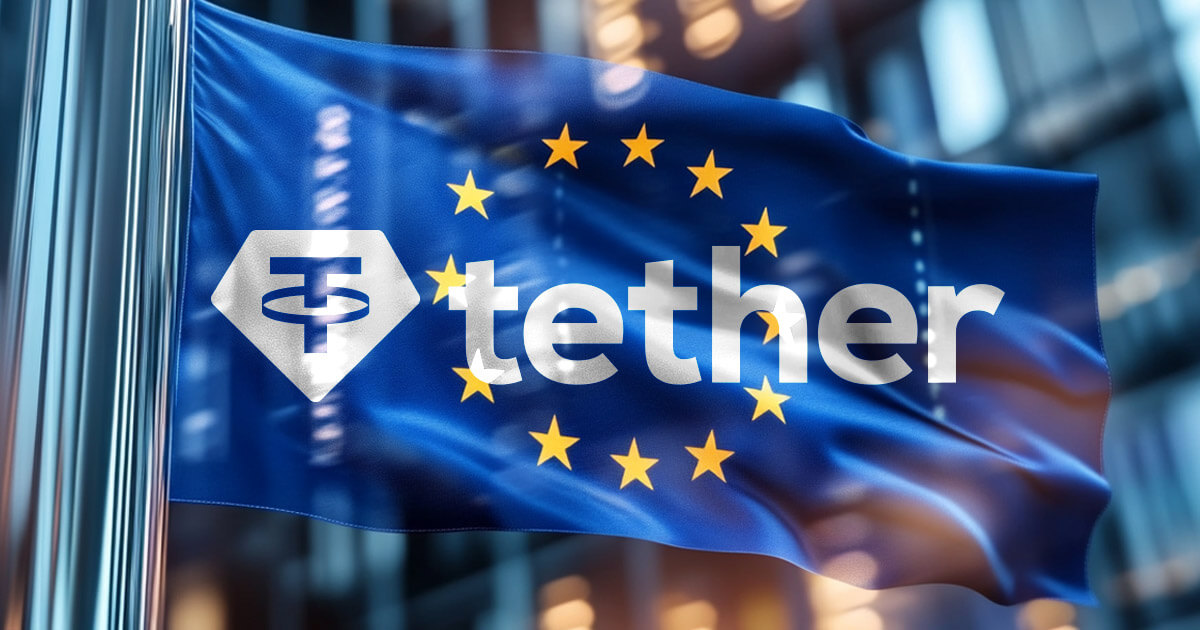
Wall Street Journal's Jean Eaglesham and Vicky Ge Huang suggested that such a “thin cushion of equity” could cause mayhem in the market if Tether’s liabilities were to outweigh its assets.
An article in the Wall Street Journal (WSJ) has claimed that Tether’s balance sheet is in a position that even a 0.3% drop in value of its reserve assets could “render Tether technically insolvent.”
In an Aug. 27 report, WSJ journalists Jean Eaglesham and Vicky Ge Huang focused on the cloudy nature of Tether’s USDT reserves and its long-awaited audit that has been in the works since 2017.
Eaglesham and Huang suggested that such a “thin cushion of equity” could cause mayhem in the market, if Tether’s liabilities were to outweigh its assets:
“A 0.3% fall in assets could render Tether technically insolvent — a development that skeptics warn could reduce investor confidence and spur an increase in redemptions.”
At the time of writing, Tether has $67.74 billion worth of assets and $67.54 billion worth of liabilities, marking a difference of just $191 million as per Tether’s website.
Tether CTO Paolo Ardoino has however, played down the severity of Tether’s tight margins, telling the publication that he expects its capital to “grow significantly over the next few months," adding:
“I don’t think we are the systemic risk in [the crypto] system."
Ardoino also pointed out that the firm has had no issues redeeming customer funds, and managed to redeem $7 billion worth in just 24 hours during a recent crypto market crash.
Tether’s website currently states that 79.62% of its reserves are backed by cash, cash equivalents, other short-term deposits, and commercial paper. The remainder consists of 8.36% worth of other investments including unspecified digital tokens, 6.77% in secured loans, and 5.25% in corporate bonds, funds, and precious metals.
Ardoino however declined to comment on what Tether’s roughly $5.6 billion worth of other investments are made of, according to the report.
The nature of Tether’s reserves has been a long-running and key narrative in the crypto space given the market dominance of its stablecoin and the firm’s dealings with regulators in over alleged misrepresentations of Tether’s backing in the past.
As part of an $18.5 million settlement with the Office of the New York Attorney General in February 2021, Tether is legally required to publish quarterly reports breaking down the specific composition of its cash and non-cash reserves.
Related: Waves-backed stablecoin USDN breaks peg again amid protocol upgrade
Ardonio also told the WSJ that will soon switch to monthly reports as part of the company’s push to provide greater transparency.
Earlier this month, Tether signed on major accounting firm BDO Italia to aid its reporting transparency targets by conducting independent attestations. However, there is still yet to be a full audit into the firm that would dig further into Tether’s financials and provide the full scope of its operations.





